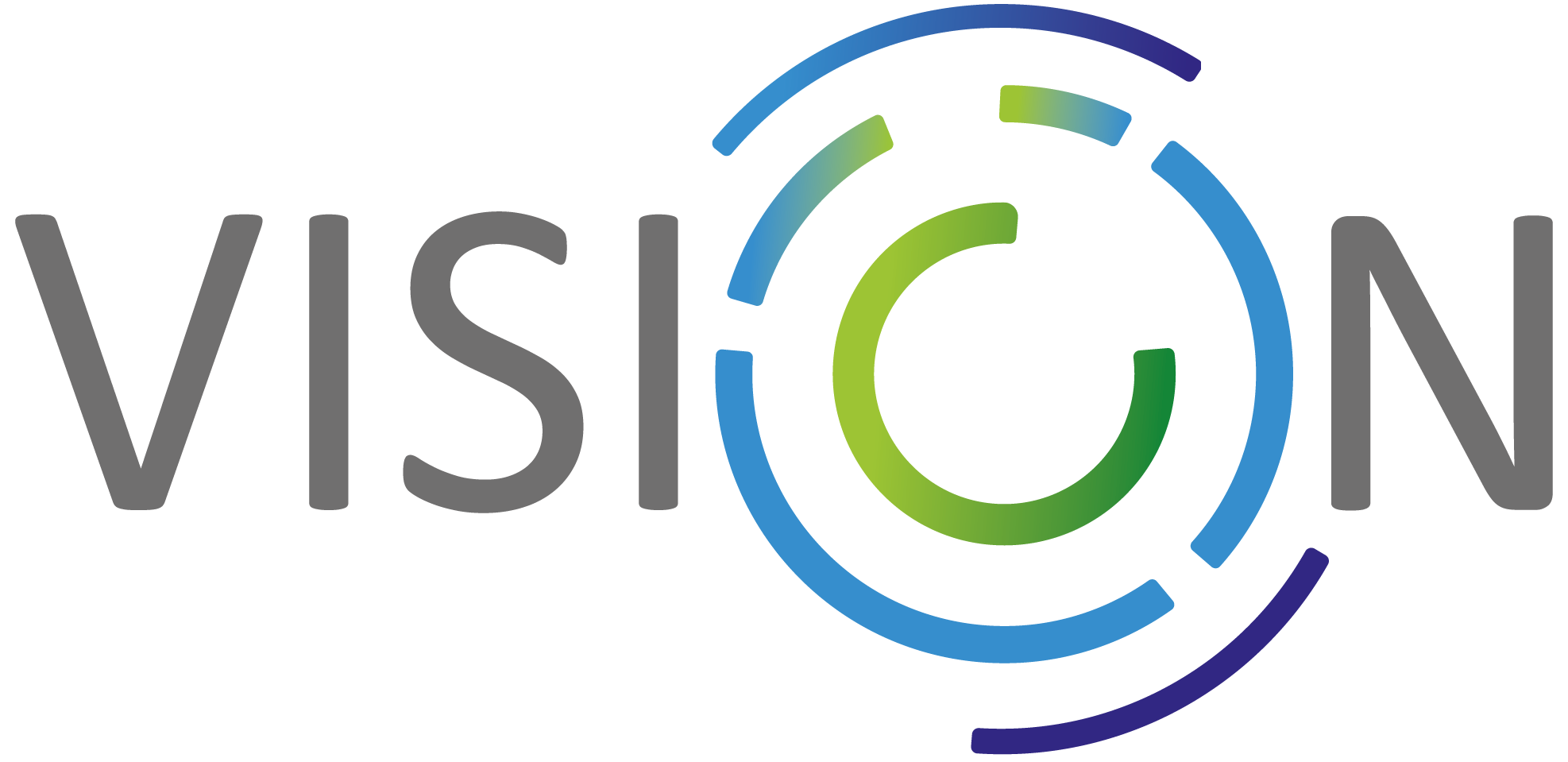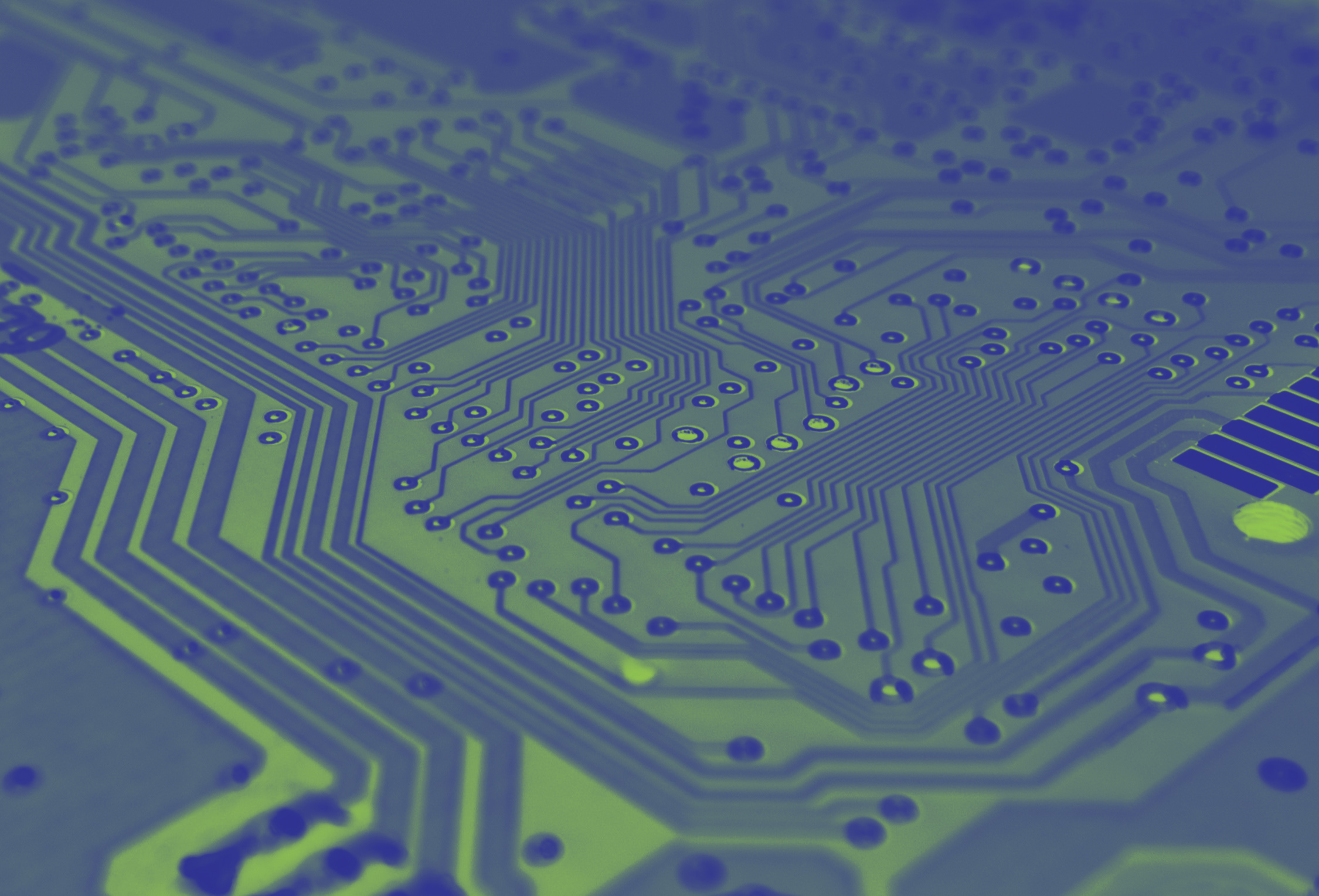Efstratios Gavves | The Machine Learning of Time: Past and Future
9th February 2021 17:00 – 18:00 CET
AIDA is very pleased to offer you high quality scientific lectures on several current hot AI topics.
Lectures are offered alternatingly by:
- Top highly-cited senior AI scientists internationally or
- Junior AI scientists with promise of excellence (AI sprint lectures)
Lectures are typically held once per week, Tuesdays 17:00-18:00 CET (8:00-9:00 am PST), (10:00 am-11:00am CST).
Attendance is free.
The lecture will last 60 minutes (45 minutes plus questions). Questions should be oral at the end of the talk by using the ‘Raise hand’ button.
These lectures are disseminated through multiple channels and email lists. If you want to stay informed on future lectures, you can register to the CVML email list.
Lecture by Assoc. Prof. Efstratios Gavves | The Machine Learning of Time: Past and Future
Tuesday 9th February 2021 17:00 – 18:00 CET. (8:00-9:00 am PST), (10:00 am-11:00am CST).
Please use the following zoom link to attend the lecture:
https://authgr.zoom.us/j/93863728654
Attendance is free.
Abstract
Visual artificial intelligence automatically interprets what happens in visual data like videos. Today’s research strives with queries like: “Is this person playing basketball?”; “Find the location of the brain stroke”; or “Track the glacier fractures in satellite footage”. All these queries are about visual observations already taken place. Today’s algorithms focus on explaining past visual observations. Naturally, not all queries are about the past: “Will this person draw something in or out of their pocket?”; “Where will the tumour be in 5 seconds given breathing patterns and moving organs?”; or, “How will the glacier fracture given the current motion and melting patterns?”. For these queries and all others, the next generation of visual algorithms must expect what happens next given past visual observations. Visual artificial intelligence must also be able to prevent before the fact, rather than explain only after it. In this talk, I will present my vision on what these algorithms should look like, and investigate possible synergies with other fields of science. I will present some recent works and applications in this direction within my lab and spinoff.
Short CV
Dr. Efstratios Gavves is an Associate Professor with the University of Amsterdam in the Netherlands and Scientific Director of the QUVA Deep Vision Lab. He is a recipient of the ERC Career Starting Grant 2020 and NWO VIDI grant 2020 to research on the Computational Learning of Temporality for spatiotemporal sequences. Also, he is a co-founder of Ellogon.AI, a University spinoff and in collaboration with the Dutch Cancer Institute (NKI), with the mission of using AI for pathology and genomics. He is currently supervising more than 12 Ph.D. and postdoctoral students in projects with the University of Amsterdam, the Dutch Cancer Institute, Ellogon.AI, and BMW. Efstratios has authored several papers in the top Computer Vision and Machine Learning conferences and journals and he is also the author of several patents. Further, Efstratios teaches Deep Learning in the MSc in Artificial Intelligence at the University of Amsterdam. All material is available on the project website, uvadlc.github.io. His research focus is on Temporal Machine Learning and Dynamics, Efficient Computer Vision, and Machine Learning for Oncology.

